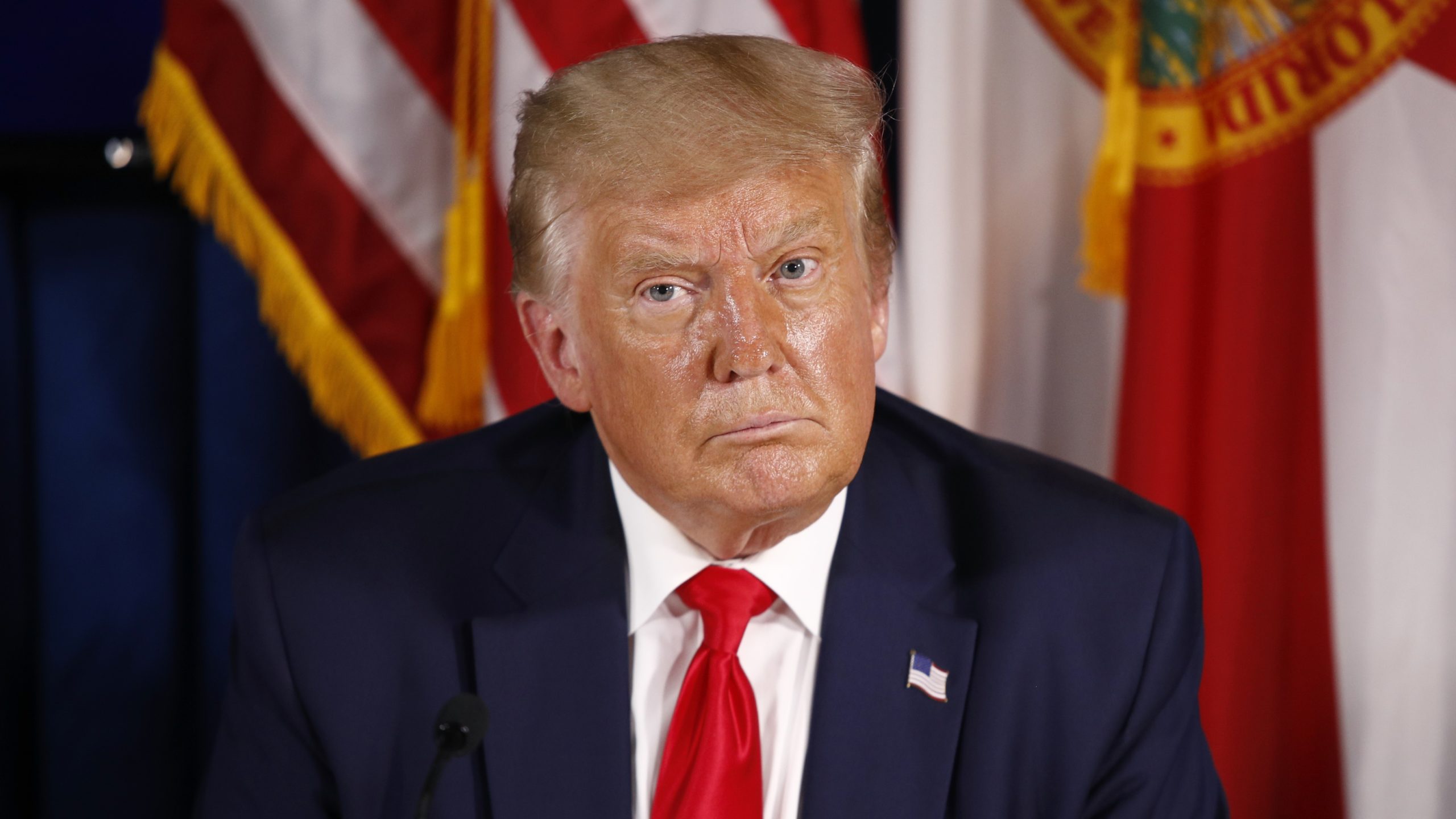Relations between China and America have worsened in 2020. The battle extends from a trade war with technology firm Huawei. Not long ago, both the Chinese and American governments closed down each other’s embassy and pushed away journalists. Now it comes to another creative cultural app, Tik Tok.

Launched by ByteDance in 2016, Tik Tok is used to create short lip-sync-style videos showing music, dance, comedy and talent. Tik Tok has quickly dominated the market and reached 2 billion users worldwide, namely members of the younger generations. It is the first successful Chinese app to go global.
However, like Huawei, the Chinese company ByteDance has faced a similarly tough challenge from Donald Trump. In July, Trump threatened to ban the ByteDance-owned app Tik Tok in America, before changing his mind and instead letting Microsoft have a deal with Tik Tok. The Trump administration warned that personal data from Tik Tok could be used by the Chinese government. However, Zhang Yiming, CEO of ByteDance, insisted that his company ‘treat[s] the safety of users data as top priority, [ensuring] platform neutrality and transparency’.
Chinese foreign ministry spokesman Wang Wenbin also stood against this policy, protecting the legitimate rights of the Chinese business.
So why does Trump want to ban Tik Tok? The first potential reason is linked to data security and content concerns. According to a statement from Tik Tok, their data centre is situated outside of China and is not subject to any Chinese law. Tik Tok stores all US users’ data in the United States, with backup redundancy in Singapore. The Trump administration believes that the Chinese government will use the large data gathered by Tik Tok globally, which could lead to a huge threat to privacy. Nevertheless, it is a “pretty weak” national-security argument, according to Adam Segal, a cybersecurity expert at the Council on Foreign Relations, as it is a common issue faced by all social media. The reality is for commercial concerns. He says: “Tik Tok is the first social-media platform out of China that became truly global.” We can see Trump is considering Tik Tok as another target in the trade war. In addition, once Tik Tok is completely banned in America, it can bring more profits to other local companies such as Facebook, which already created a similar function (Reels) as Tik Tok.
Furthermore, Trump may want to ban Tik Tok as some users use it to challenge his campaign. During Trump’s Tulsa campaign rally, some Tik Tok users encouraged the public to request thousands of tickets without attending. After Trump declared to ban Tik Tok, users turned to the Apple store’s Trump 2020 campaign app and wrote negative comments with low ratings. Even if Trump administration denied that they are fooled by Tik Tok teens, there is no doubt that the young generation is playing a more important role than before.
Another good example is the Black Life Matters movement earlier this year. Based on an interview by Jessica, a BBC journalist, the young generation are more likely to express their political view through social media and even become the leaders of social change. Although Tik Tok has less daily users than Facebook, 41% of Tik Tok users are aged between 16 and 24. According to Abby Kiesa, CIRCLE’s director of impact, “Now there are 47 million 18- to 29-year-olds who are eligible to vote in the 2020 election, and 15 million of them have turned 18 since the last presidential election.” This is the reason why the Trump administration is worried that Tik Tok may have a negative impact on his campaign.
A third reason is to extend the trade was to more dimensions. Even before America, India banned Tik Tok after the regional conflict with China this year. We can see that technology companies play a bigger part of political combat in the present. Still, compared with Huawei, the risk with Tik Tok is very different from the telecom giant Huawei, which the Trump Administration has treated as a global threat, followed by a ban from other countries such as the UK and New Zealand. We can assume that once Tik Tok has been banned in America, the other countries will follow too.
So what about the UK? So far there is no clear signal whether the UK government will follow America to ban Tik Tok.Boris Johnson’s government is still examining the security of the Chinese firm before further decision. According to Express Newspaper, a ban on TikTok in the UK is “plausible”, but “less likely” than in some other countries. Social media consultant and industry expert Matt Navarra pointed out that “The concerns held about China and Chinese companies by the US and UK may well be similar, but the way it seems to be approaching them seems to be diverging.” Tik Tok is also planning to move its international headquarters to either London or Dublin.
Header Image via Variety.

